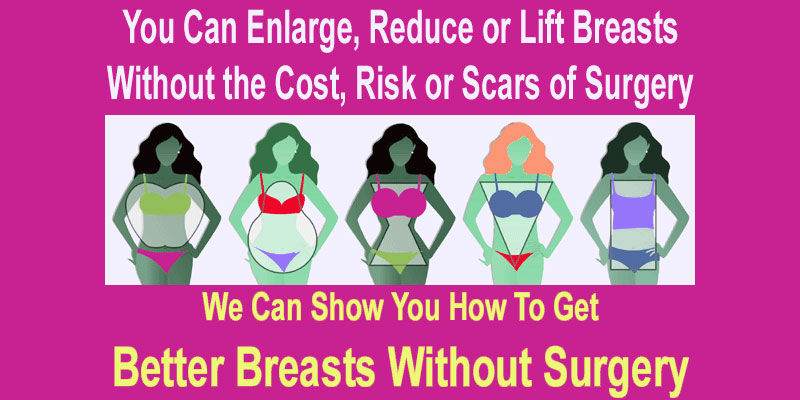
Breastfeeding is a wonderful experience for mother and child alike and a valuable bonding time together. Nursing a child is one of the best methods of ensuring their good health by building a strong young immune system. Pregnancy and birth will have certain unavoidable aesthetic consequences on a woman’s breasts and choosing to breastfeed a baby will potentially cause even more negative effects.
Understanding how pregnancy and nursing will affect your breasts is the first step in maintaining a beautiful bust before and after the birth of your child.
Breastfeeding and Pregnancy
During pregnancy, breasts begin to swell and some women report breast growth up to 40%.
Increased hormone production will enlarge the glandular breast tissue and often darken the color of the nipples and areola.
A large percentage of women experience unusual breast sensitivity during their pregnancy and especially in the last trimester.
All this anatomical activity is normal as your breasts prepare to provide sustenance for the developing child in your womb.
Most women actually begin to produce breast milk prior to giving birth to their infant child.
Implants and pregnancy is a topic that must be considered carefully, since prosthetics might affect nursing ability.
Silicone implants and pregnancy is even more of an important consideration, since silicone might affect the safety of the mother’s milk.
Silicone implants and breastfeeding poses unique challenges for some women and all women with silicone prostheses must know the facts about how their implants will affect fetal development and their ability to provide sustenance from the breast.
Breasts and pregnancy are related topics due to the changes that occur in the human mammary organs before giving birth and during nursing.
Nursing with breast implants is certainly possible and mostly advised, despite some considerations that must be discussed with your doctor.
Infant Nursing Experience
While nursing, a woman might experience a continuing growth of the breast glands, especially if the child has a good appetite.
Nipple soreness and sensitivity are common, especially as the child ages and has been nursing for some time.
Near the end of the nursing stage, the breasts will often seem to deflate as production in the milk glands subsides and gravity takes over.
Expansion of the skin can cause stretch marks on the breast and nipple. Breasts which have grown considerably during lactation will often appear flatter and more tubular after nursing.
The end result of nursing for many women means ptotic breasts and drooping nipples. Some women bounce back from nursing with almost no lasting detrimental bodily evidence, while other women are permanently aesthetically altered by the experience.
Tips on Breastfeeding
Nourishing your beloved newborn is one of the most unique and cherished of all life’s experiences. If this rich and rewarding time leaves your breasts altered to the point of concern, you might choose to speak to a cosmetic surgeon about what can be done to renew your breasts and restore your pre-pregnancy figure.
Cosmetic surgery can create breasts that are defiant to the idea that they were ever used to feed a child. If you have a strong desire to return to your pre-pregnancy condition, or wish for an even better bodily aesthetic, consider how breast augmentation and breast lift surgeries might assist you to have a “to die for” body once again.
Be sure to ask your doctor how cosmetic surgery might affect your ability to successfully nurse, if you are planning on having more children in the future.



